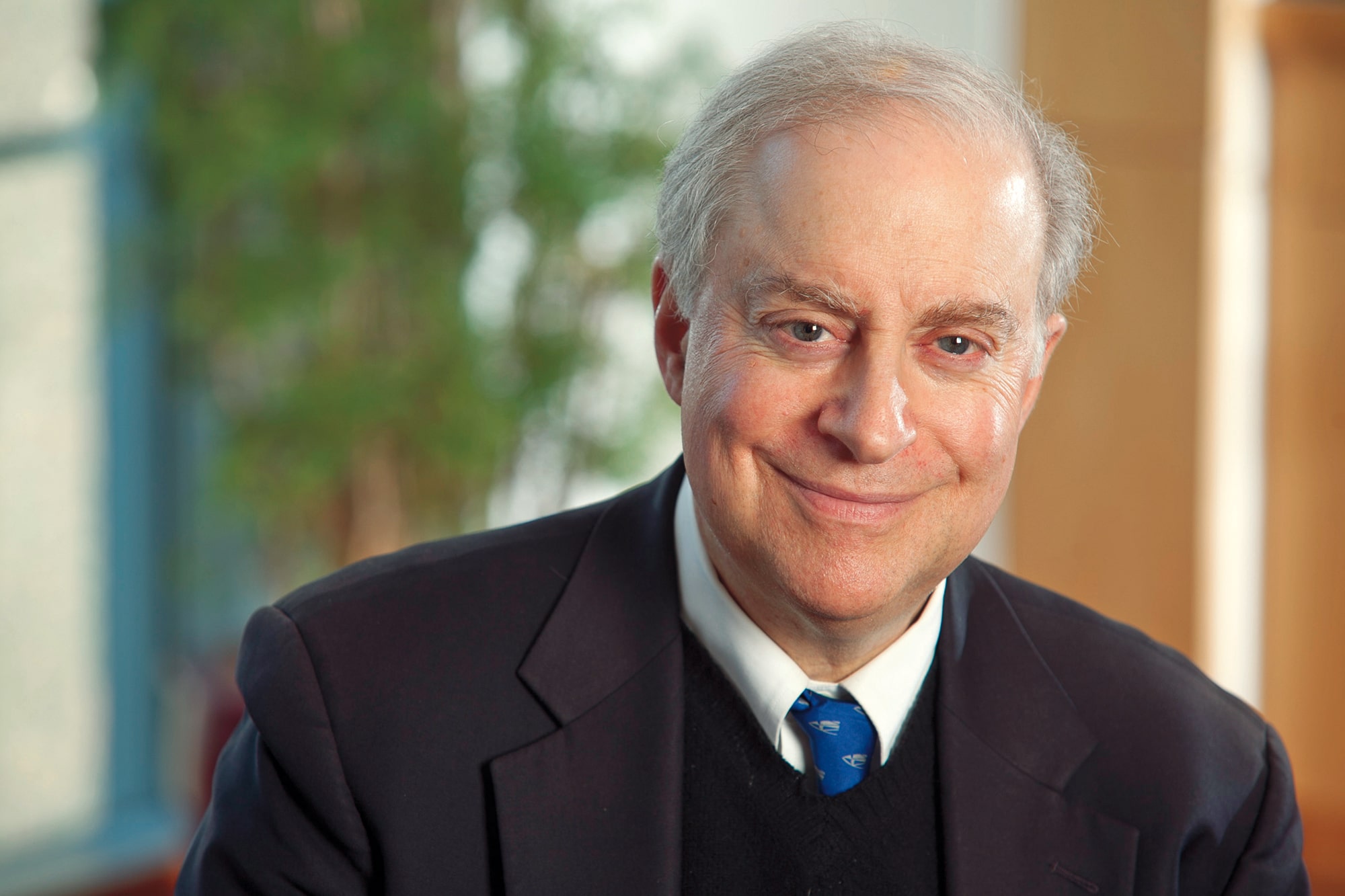Declining Confidence in the Judiciary
Vol. 106 No. 2 (2022) | Losing faith? | Download PDF Version of Article
The most recent Gallup polls show a striking loss of confidence by Americans in the Supreme Court and the federal judiciary more generally. Administered in June 2022, the poll showed Americans’ confidence in the U.S. Supreme Court had dropped to a historic low, with just 25 percent of Americans saying they have “a great deal” or “quite a lot” of confidence in the Supreme Court, down 11 percentage points from one year ago. According to this poll, only 13 percent of Democrats, 25 percent of Independents, and 39 percent of Republicans have a high degree of confidence in the Supreme Court. It should be noted that when the “some confidence” category is included, almost 70 percent of Americans still have “some” to a “great deal” of confidence in the Supreme Court. Even with this caveat, the sudden downward trend is notable.
These numbers are somewhat consistent with Americans’ growing distrust of governmental institutions generally. The same June poll shows confidence in the presidency down 15 percentage points to 23 percent and confidence in Congress down 5 points to just 7 percent.
The poll was taken in June before some of the Court’s more controversial opinions were released. While the leak of a draft opinion in Dobbs v. Jackson Women’s Health Organization, the opinion that overruled Roe v. Wade, occurred prior to the poll, the decisions in New York State Rifle & Pistol Association, Inc., v. Bruen, concerning concealed carry permits issued by local governments, and West Virginia v. EPA, striking down the Environmental Protection Agency’s Clean Power Plan, came after the poll was administered. These decisions may have further affected the Court’s stature — whether negatively or positively is difficult to predict. What is clear is that the courts are no longer immune from the general decline in Americans’ confidence in their governmental institutions.
How should we think about this loss of confidence? Perhaps the most recent numbers are anomalous and evanescent, but if not: Should we be concerned? If so, what can judges, justices, or any of us do to repair public confidence? There are no easy answers. We know that the Court is by design a counter-majoritarian institution intended to protect minority rights. For this reason, it may properly find itself out of step with majority opinion. On the other hand, as Alexander Hamilton put it many years ago, the courts have neither the power of the purse nor the sword: They depend on public confidence for obedience to their rulings. In a democracy, the rule of law depends in large part on the willingness of citizens to accept judicial rulings with which they may disagree.
A consideration of these questions takes us deeply into our conceptions of what courts do and should do, what law is, how difficult points of constitutional law should be decided, and how good judges should interact with one another and the public. To help us think about these important issues, I asked three of our most thoughtful and respected circuit judges to join a conversation: Judge Raymond J. Lohier Jr. of the Court of Appeals for the Second Circuit, Chief Judge Jeffrey S. Sutton of the Court of Appeals for the Sixth Circuit, and former Chief Judge Diane P. Wood of the Court of Appeals for the Seventh Circuit. We scheduled our discussion for an hour, but it was so thoughtful and interesting that I could not bring myself to cut it off. You will see an excerpt in this issue of Judicature; the full conversation is available as a podcast on the American Law Institute website at ali.org.
Of course, there are many other articles of note in this issue, each of which addresses in some way how state and federal judges and courts can best serve the public interest. In stressful times, renewal and relaxation are important for all of us. I hope you have found the opportunity to unwind this summer, and I send very best wishes.

David F. Levi
Director, Bolch Judicial Institute

